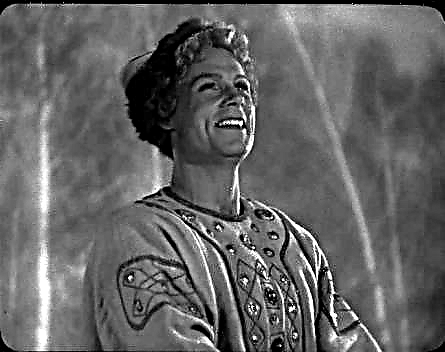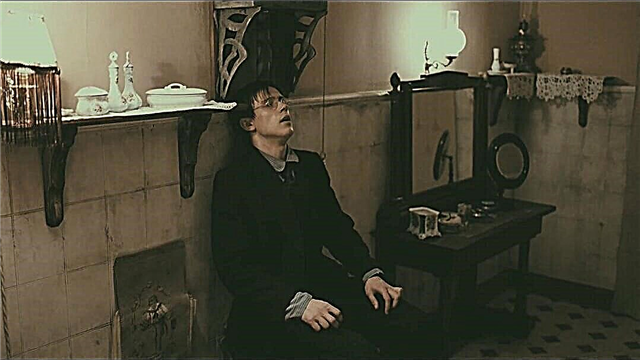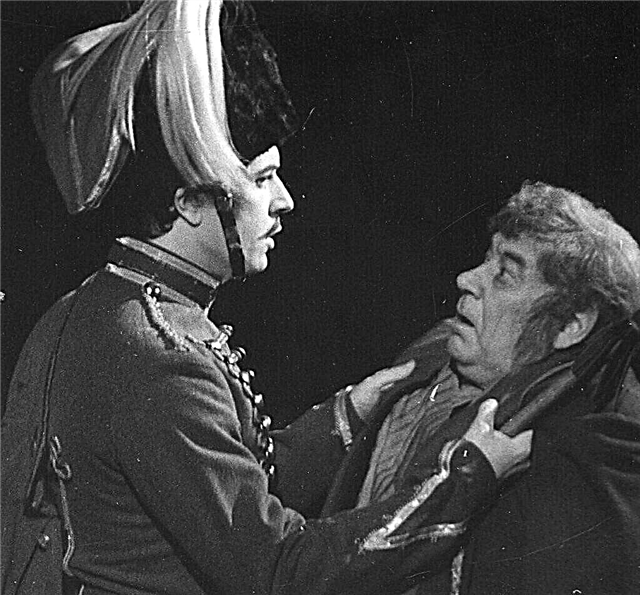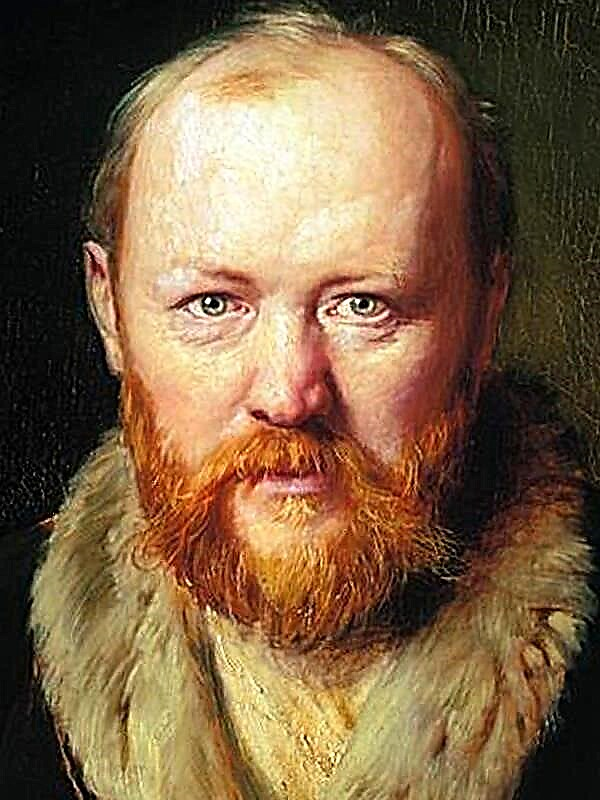Pushkin's love lyrics became the standard of the genre among Russian poets of the 19th century. Its transparent ease of verse, its exact rhyme, its deep emotional intensity - all this sunk into the soul of the reader. Even today, the poems of Alexander Sergeyevich are an unrivaled declaration of love for beautiful ladies. One of the author’s most famous sensual messages is, of course, “I Loved You”.
History of creation
The love lyrics of Alexander Sergeyevich Pushkin are very rich and multifaceted. Each poem is penetrated by its deep meaning, contains many emotions. The message "I loved you ...", despite the brief volume, is no exception.
Historians still cannot agree on who this work of the great poet is dedicated to. Pushkin did not leave a single hint. But there are still speculations.
- According to one of the options, it belongs to the Polish beauty Caroline Sabanska. During the southern exile (in 1825), the poet stayed in her principality in Kiev. She was older than the poet, but her beauty was incredible.
- According to another version, this work is addressed to Anna Alekseevna Andro-Olenina. The poet met her in Petersburg. Imbued with feelings for her outstanding mind and resourcefulness. But she refused him, and as a result, "I loved you ..." appeared.
- Another no less resourceful lady, Anna Kern, attributed the poem to herself, actively spreading rumors about her romance with Pushkin. He was really passionate about her, but still there is no weighty evidence that the beautiful Russian noblewoman was immortalized in these lines.
Genre, size and direction
The whole poem is permeated with sincere love, the author even excluded a drop of egoism - such was the love lyrics of Alexander Sergeyevich. The verse was written by five-footed iambic, although more often Pushkin used his beloved double-footed. The poet openly talks about his feelings, omitting all that is superfluous. The genre of the work is a message.
Although Pushkin had begun to lean toward realism by that time, this verse is pure romanticism. In it, the lyrical hero shows the two-fold nature of his life: where love is, paradise is unfolding to its full height with inspiration and faith in the best, and where it is not there, an infernal abyss of troubles and disappointments has opened. His mood is determined only by feelings, and not by reason. This is a typical romantic hero: languid, sincerely loving and worshiping the ideal.
Images and Symbols
- Pushkin shows us the image of a man whose feelings are unrequited. He is sad, but understands the girl. With all this lump in his chest, the lyrical hero is ready to let go of his beloved. He sincerely wishes her happiness: "How give you the beloved god to be different." This means that we have a kind, sincere and devoted man who is really capable of true love, which does not even require reciprocity.
- We can only guess about the female image, it is barely perceptible. It seems to us a cold and alienated woman whose heart love has not yet touched. She is proud and wayward, straightforward and open. So, she immediately makes it clear to the gentleman that he is not the hero of her novel. The lady is beautiful and young, because she has a lot of fans (the lyrical hero was jealous of her).
Themes and motives
The main theme of the poem is a description of love that is not destined to develop. The poet describes the state of a hopelessly in love man who is tormented either by jealousy or by shyness. He is not allowed to touch his ideal, but in his loving heart there is no place for resentment and anger. He is so attached to a woman that he wishes her happiness even without him.
The theme of Christian humility is also clearly visible in the text. A man does not fight for the lady’s attention, but obeys the harsh, inexorable need to let her go and burn love in the heart to the ground. He does this with goodness, does not conceal hatred, sincerely wishing a woman happiness.
Although the author says that love "in my soul has not completely died out," but with these lines he confirms his impotence. The mood of doom and longing is traced in each line.
Thus, in the poem, Pushkin reveals the problem of unrequited love, conveys the longing and pride of the lyrical hero.
Idea
Alexander Sergeevich wrote a message, a farewell message to the one with whom he will probably never see again. This short verse is designed for the addressee to read it, but will not feel great pity for the hero. The author says that his life is not over, he wishes the lady of the heart to be happy. The main idea of these lines is a demonstration of true love, which never turns into anger and desire for possession. Pushkin painstakingly outlines the ideal of sacrificial Christian love, the meaning of which boils down to giving more than asking in return. He gave the woman his heart, but did not ask the same from her. For the sake of her peace, he is ready to sacrifice his happiness. This is the main idea of the poem.
Many authors used the idea of a "message", but far from many could convey the whole diversity of the character’s feelings in just a couple of lines. This stinginess of the word also gives reason to think. The hero is in such deep despair that he simply does not have enough strength for words. He is aware of their insignificance, because they are powerless to influence his fate. So the volume of the work is also a means of expressing the author’s thoughts.
Means of artistic expression
Pushkin conveys the main idea through the verbs "faded away", "saddens", "to be." His hero does not hope for reciprocal feelings, he reconciled with the fact that the lady’s heart will never be won by him, he completely reconciled and accepted this.
It is difficult not to notice the anaphora "I loved you", it is repeated, as if continuing the theme of the poem again and again. It is also difficult not to notice the reception of alliteration, at first the author uses a soft and gentle sound “l”, which gives a certain sadness:
I loved you: love still, maybe
In my soul, not quite faded away
Then the softness is replaced by a sharp "p", which makes it clear the hopelessness of the situation, the breakdown:
... That timidity, then jealousy;
What is unusual, there are no epithets, as such (silently, hopelessly). They are not needed here. The author's task was to briefly and concretely tell about his tearing feelings, there was no need for paint. But there is a bright metaphor
I loved you: love still, maybe
My soul has not completely died out;
The message “I loved you” is permeated by the poet’s true feelings. When you read these lines, you understand that they are filled with emotions of Pushkin himself. The author makes you find yourself in the same situation as himself. That is what the great poetry of the great poet looks like.












